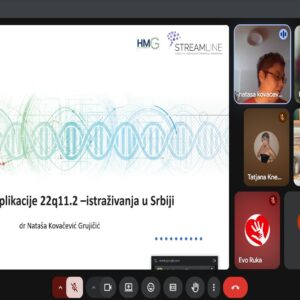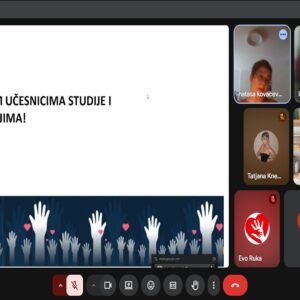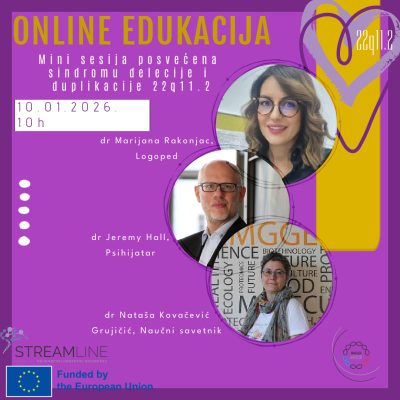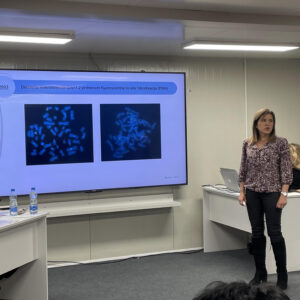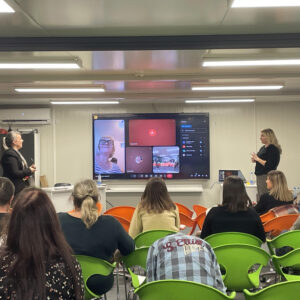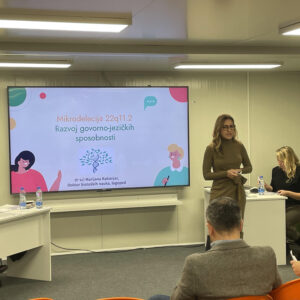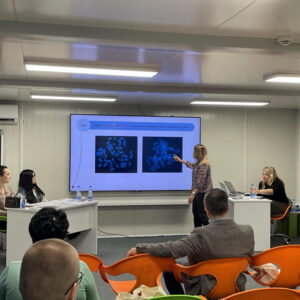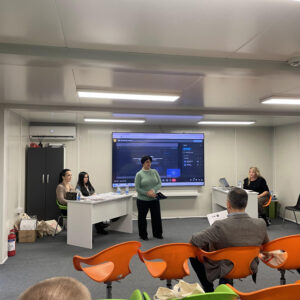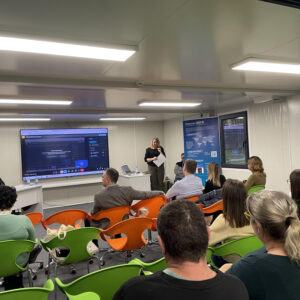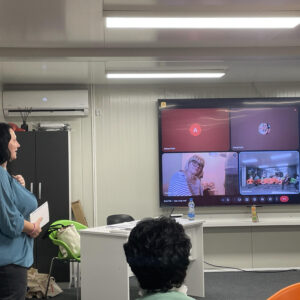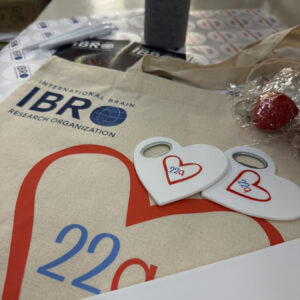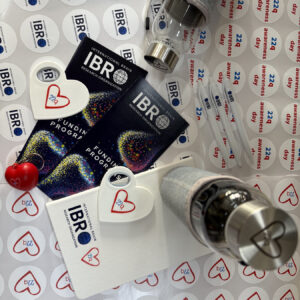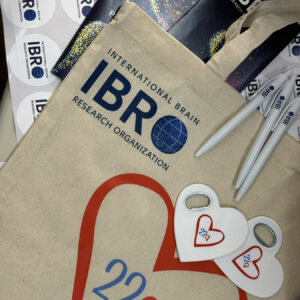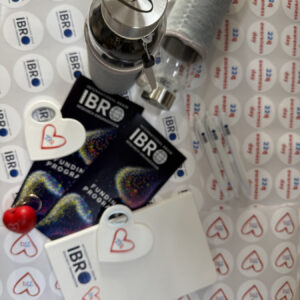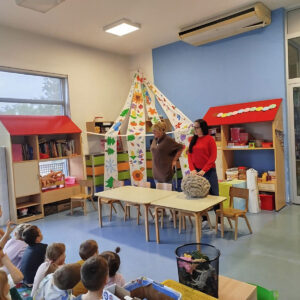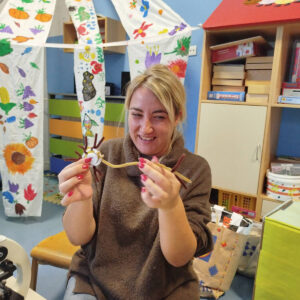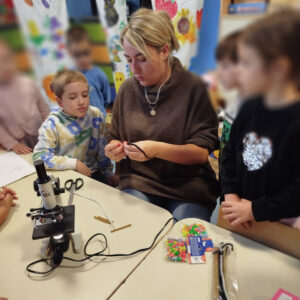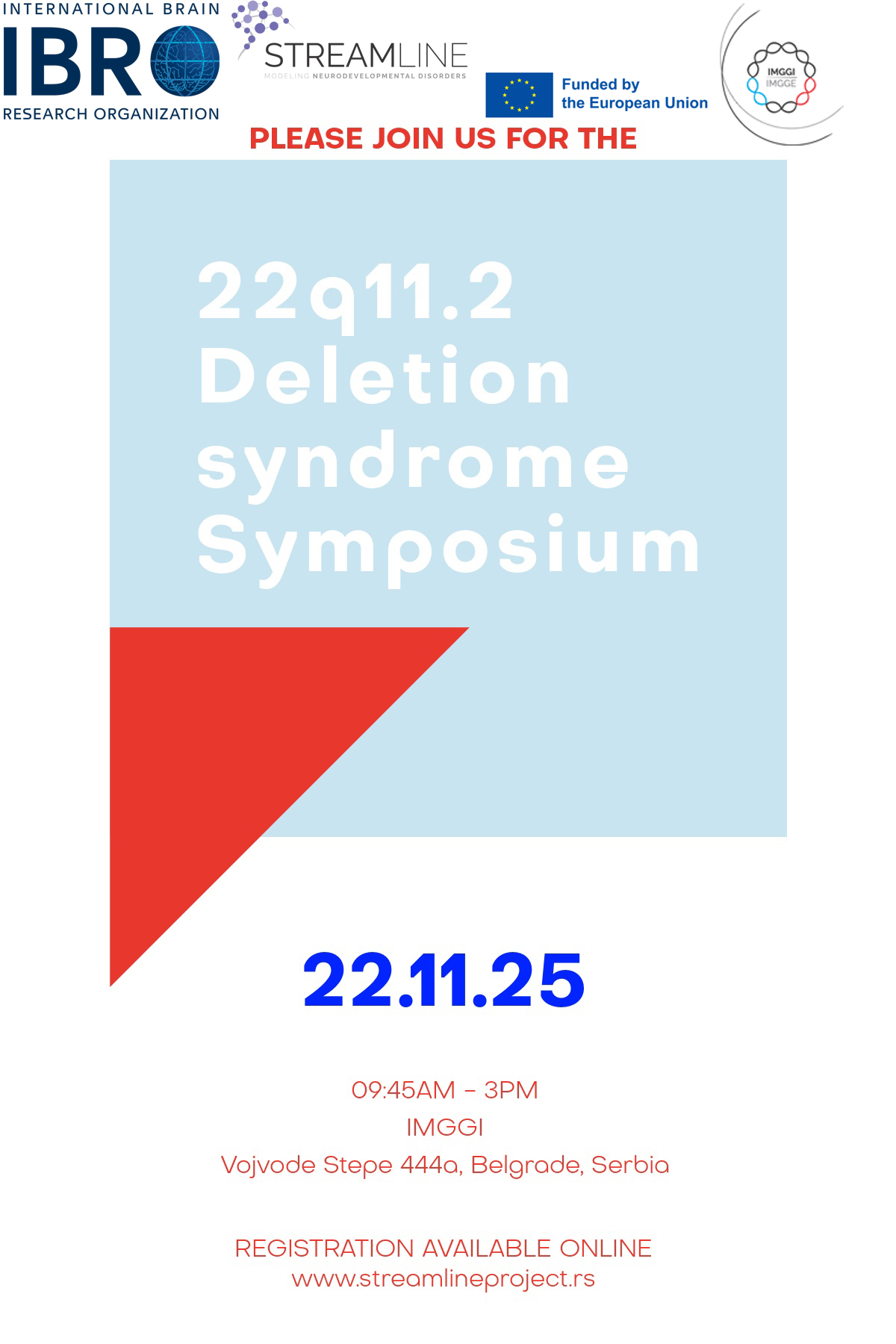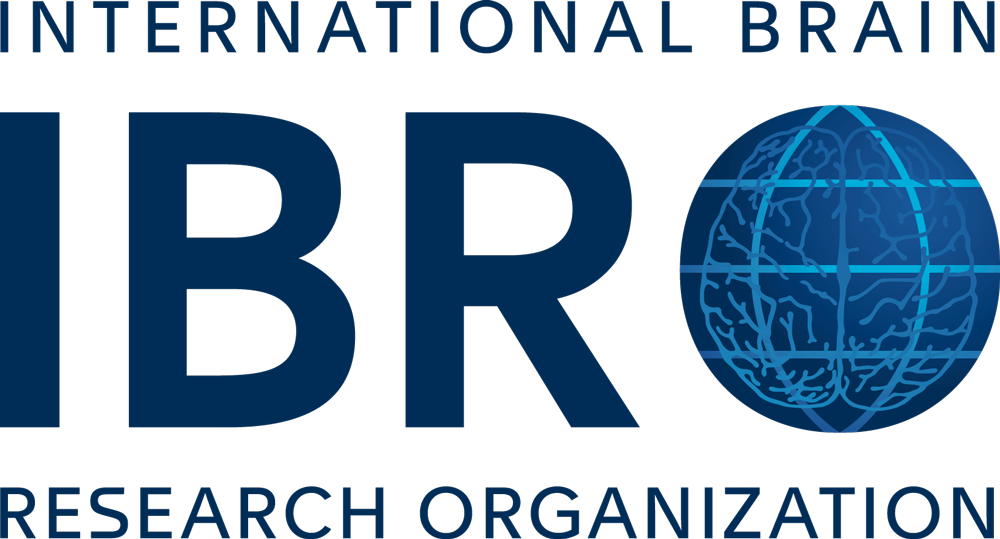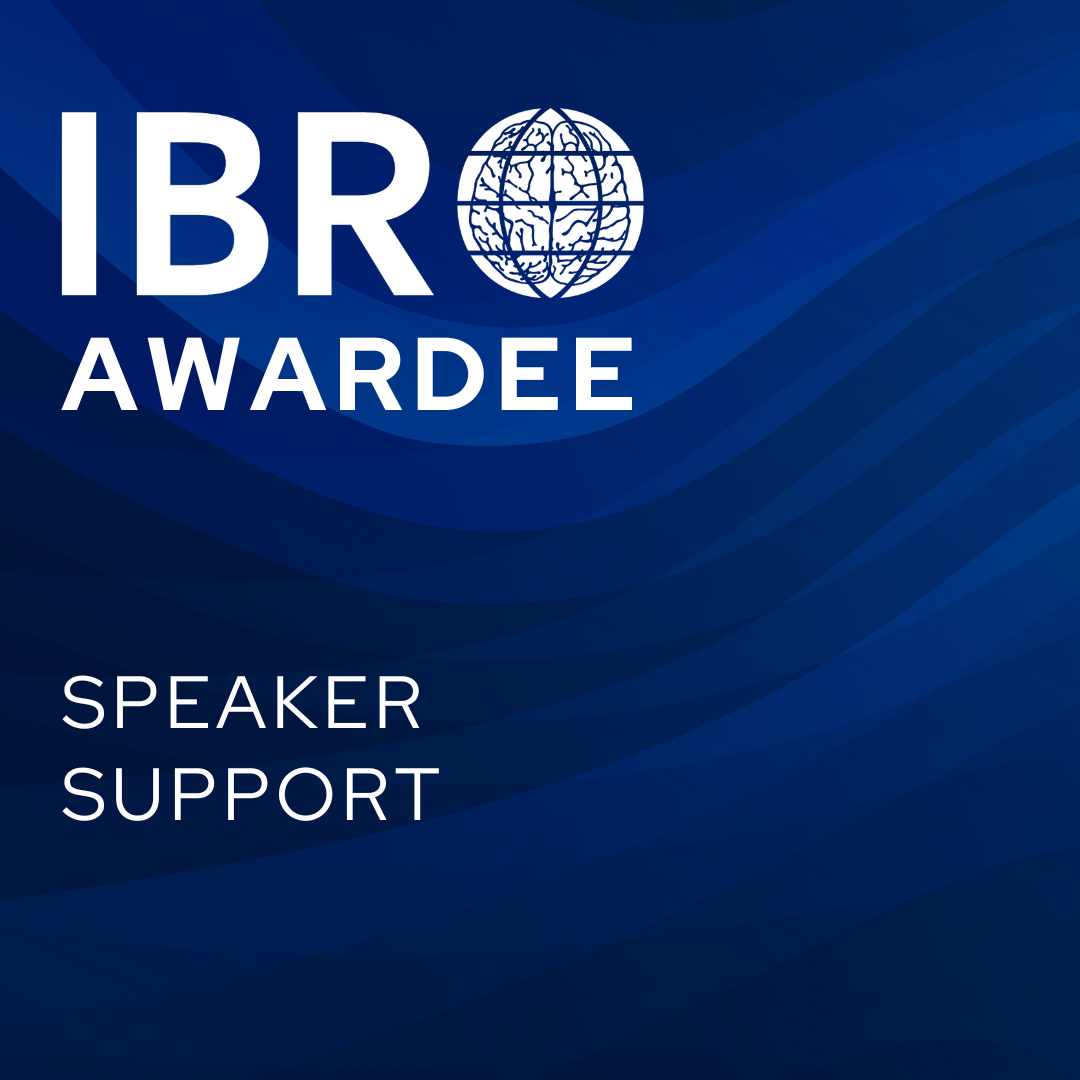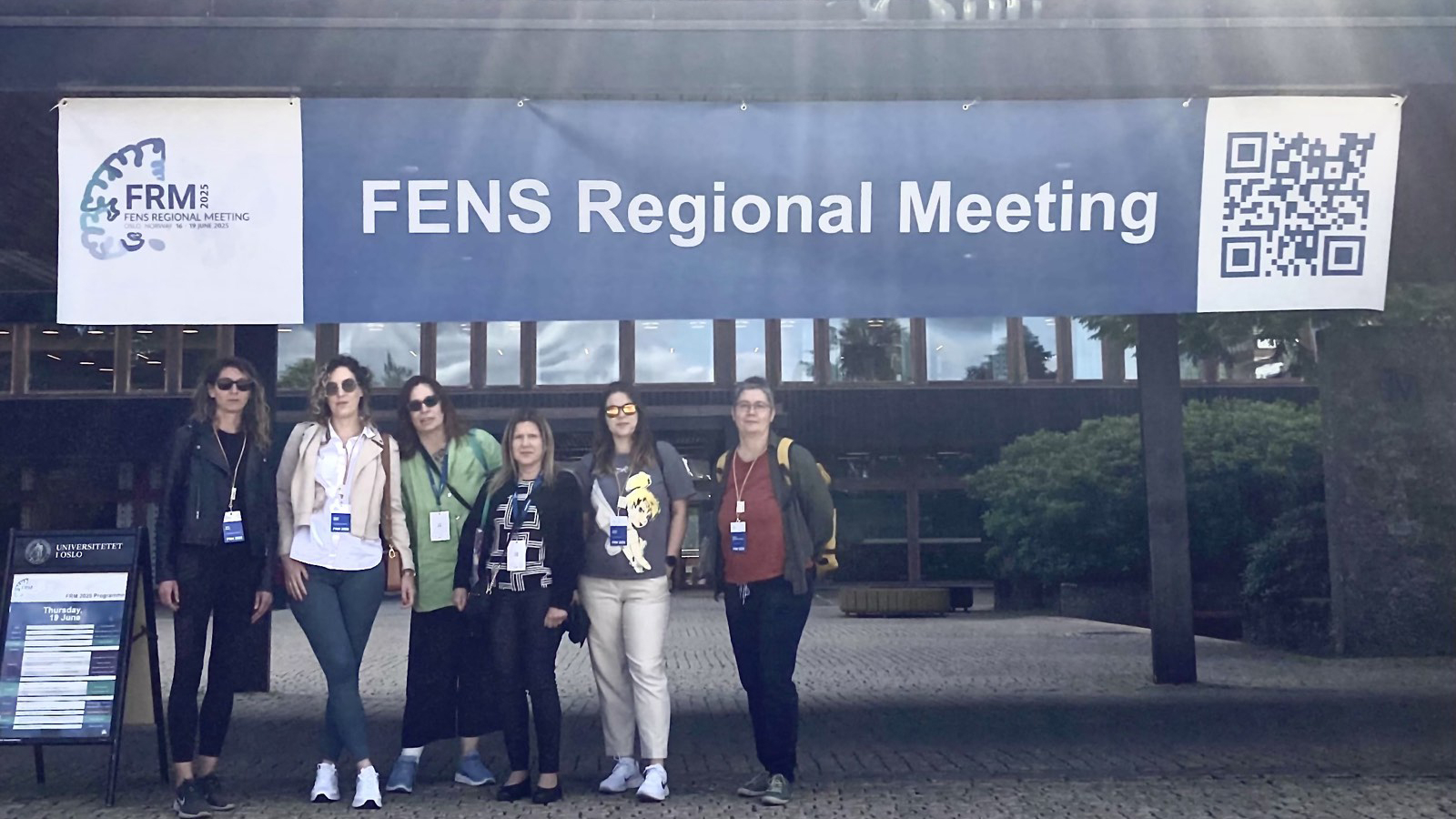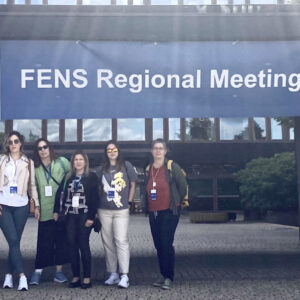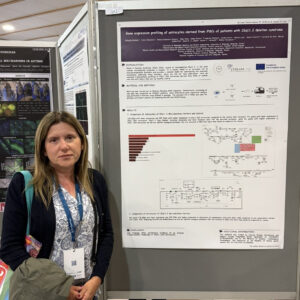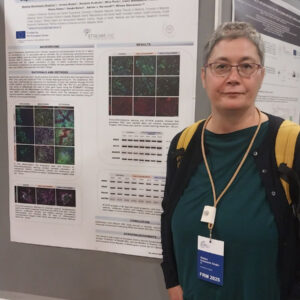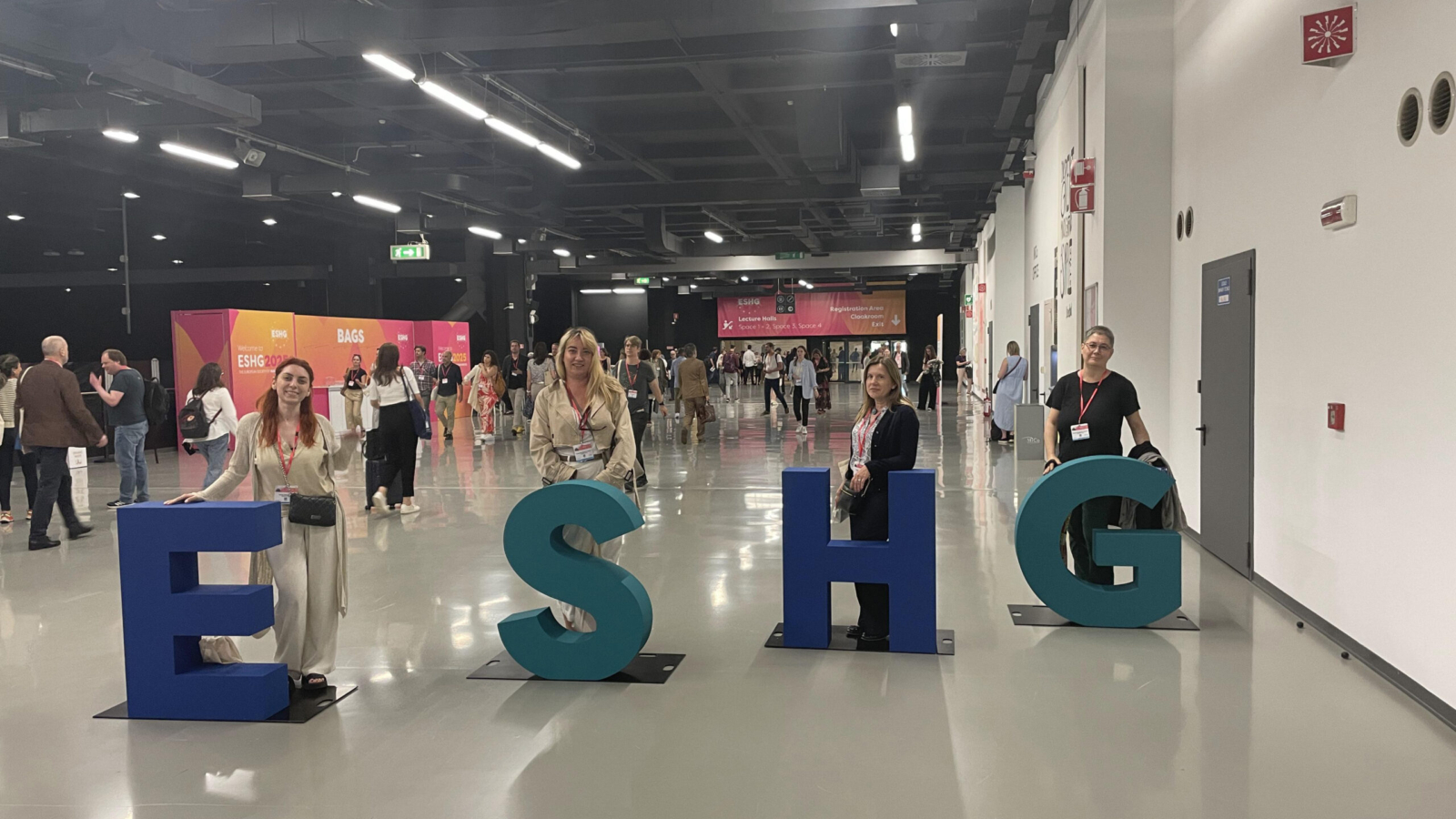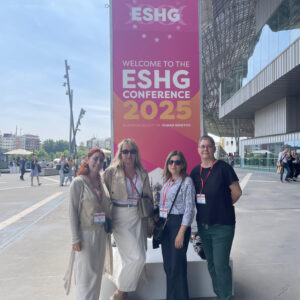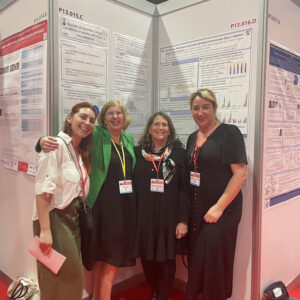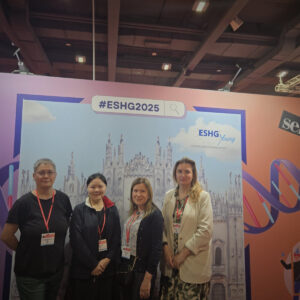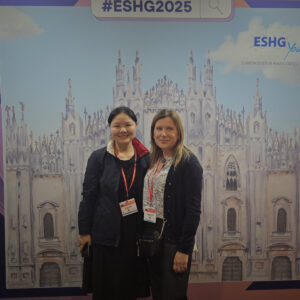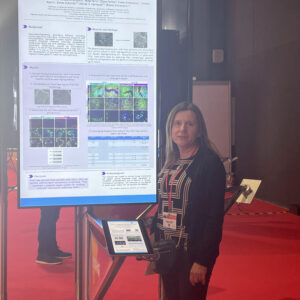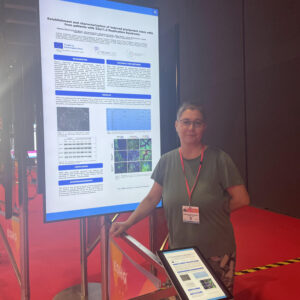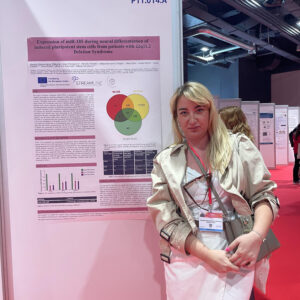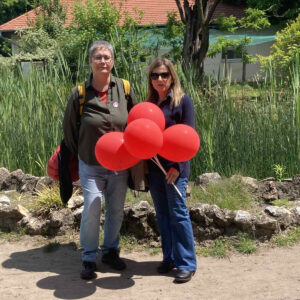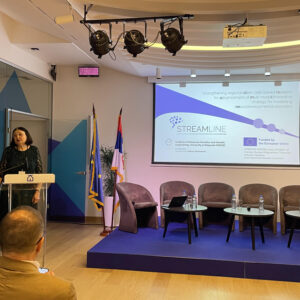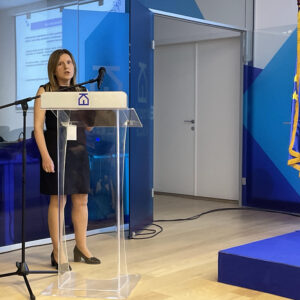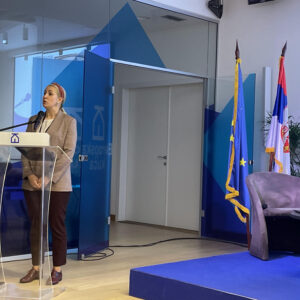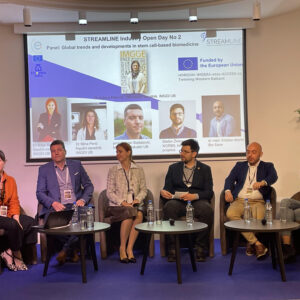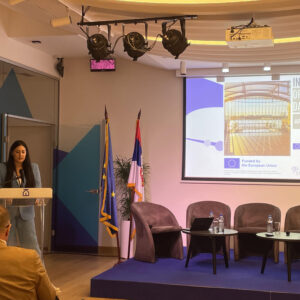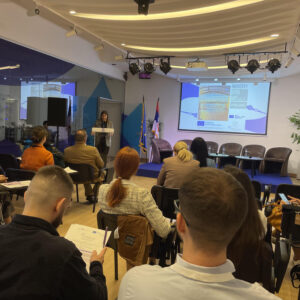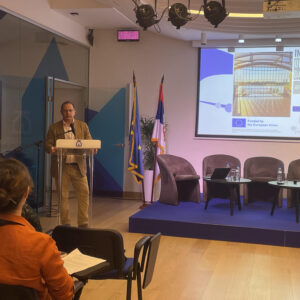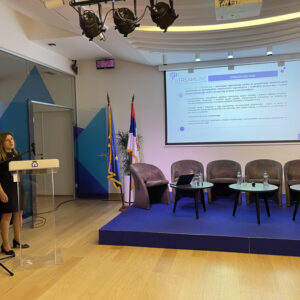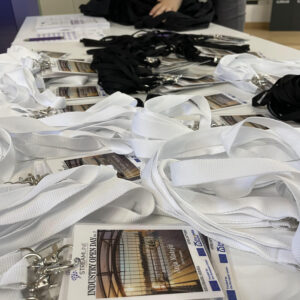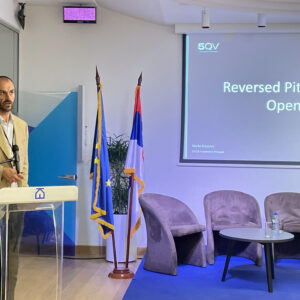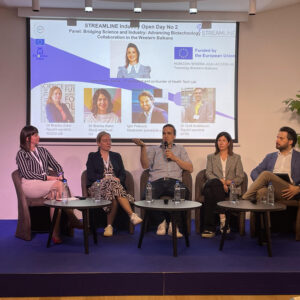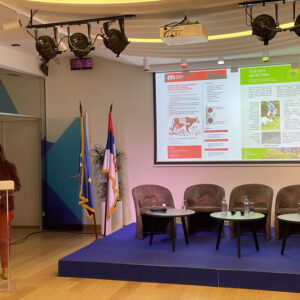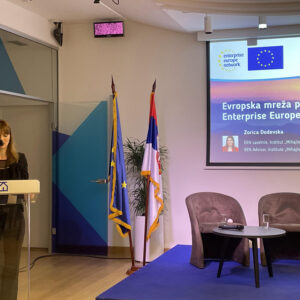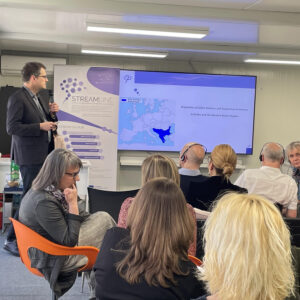We’re excited to share a brief recap of our participation in the FENS Regional Meeting 2025 (FRM 2025), held from June 16–19 in Oslo, Norway. This year’s event brought together over 900 participants from around the world and featured a rich program of talks, lectures, symposia, and workshops led by prominent neuroscientists from Europe and beyond. The meeting showcased the latest discoveries and innovations across the field of neuroscience.
The STREAMLINE team—Dr. Danijela Drakulić, Dr. Nataša Kovačević Grujičić, Dr. Mina Perić, Dr. Marija Schwirtlich, Dr. Vanda Balint, and Jovana Kostić—took this opportunity to enhance the visibility of the STREAMLINE Project and the STREAMLINE Hub within the academic community.
Our team presented four scientific posters, contributing to the exchange of knowledge and fostering new collaborations.
1. 22q11.2DS iPSCs as model system for investigation of molecular mechanism and novel therapeutic targets in NDDs (M. Peric, I. Simeunovic, D. Stanisavljevic Ninkovic, N. Kovacevic Grujicic, J. Kostic, G. Cuturilo, O. Petter, A.J. Harwood, M. Stevanovic, D. Drakulic)
2. Development of iPSC-based model system from patients with 22q11.2 duplication syndrome for studying neurodevelopmental disorders (N. Kovacevic Grujicic, J. Kostic, D. Drakulic, M. Peric, I. Simeunovic, G. Cuturilo, O. Petter, V. Balint, A.J. Harwood, M. Stevanovic)
3. Gene expression profiling of astrocytes derived from iPSCs of patients with 22q11.2 deletion syndrome (D. Drakulic, I. Simeunovic, N. Kovacevic-Grujicic, M. Peric, O. Petter, F. Ehrhart, J. Kostic, S. Lazic, G. Cuturilo, L. de Nijs, M. Schwirtlich, D.E.J. Linden, A.J. Harwood, M. Stevanovic)
4.Gene expression profiling of iPSC-derived neural progenitors from patients with 22q11.2 duplication syndrome (J. Kostic, D. Drakulic, M. Peric, O. Petter, A.J. Harwood, L. Bojic, I. Simeunovic, G. Cuturilo, M. Stevanovic, N. Kovacevic Grujicic)
FRM 2025 offered an excellent opportunity for the STREAMLINE team to network, build meaningful connections, and explore collaborative opportunities that we hope will lead to exciting future research initiatives.



